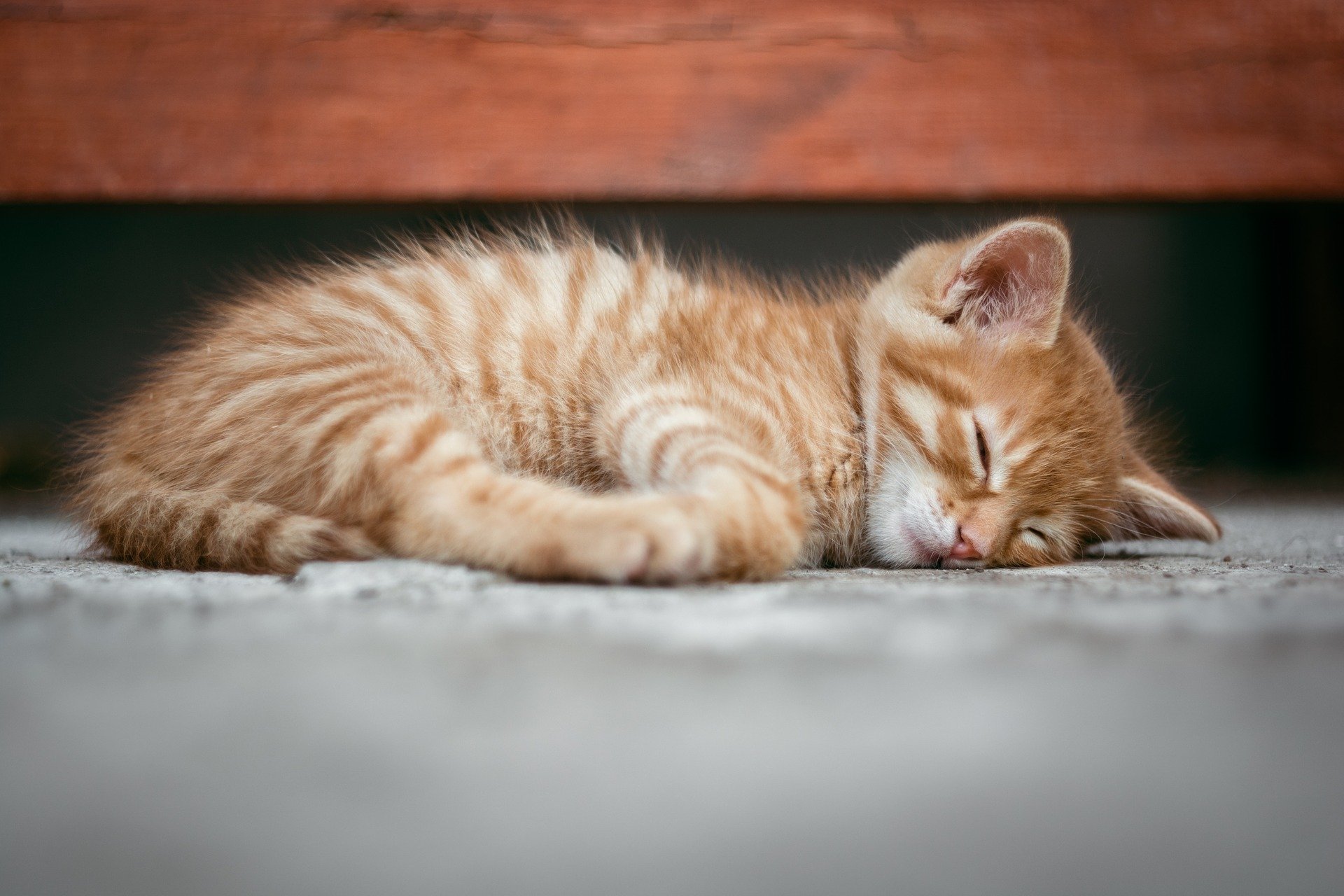Vitamin deficiency is a prevalent issue among cats, frequently observed in kittens and young animals. Nonetheless, adult and elderly cats are not exempt from experiencing this concern, particularly during times of transition. The condition arises from an inadequate intake of vital nutrient minerals, vitamins, and amino acid essential for the well-being of these animals.
Causes
Vitamins, amino acids, and both macro- and micronutrients are essential for the growth, development, and sustenance of all living organisms. A scarcity of these beneficial components or compromised absorption can lead to vitamin deficiency. Several primary factors contribute to this condition.
Note: Active biological compounds and elements play a pivotal role in bolstering the immune system and ensuring the proper operation of internal organs and systems.
Contributors to vitamin deficiency in animals include.
- Unbalanced and low-quality diets
- Disruptions in feeding schedules
- Endocrine disorders
- Infections from parasites, viruses, bacteria
- Complications in the digestive system
- Insufficient exposure to sunlight
- Autoimmune diseases
- Effects of aging
- Subpar living conditions
- Prolonged use of antibiotics
- Gastrointestinal infections
- Frequent stress weakening the organism
- Metabolic imbalances
- Helminth infections, viral and bacterial diseases, as well as inflammatory conditions can also lead to this issue. For instance, parasites residing in various organs and tissues disrupt digestion and hinder nutrient absorption.
- Kittens, debilitated cats, postpartum females, and animals housed in unfavorable conditions are more susceptible to vitamin deficiency.
Symptoms of Vitamin Deficiency
Hypovitaminosis poses potential risks to a pet's health. The manifestations of this condition in cats may not be immediate and depend on which specific vitamin is lacking in the body.
Indications encompass:
- Lackluster, brittle fur
- Dry skin and mucous membranes
- Allergic reactions
- Disturbances in the digestive process
- Altered appetite, consumption of non
-edible objects
- Hairless patches on the body
- Itching
- Muscle weakness, cramps
- Damage to mucous membranes, dermatitis
- Presence of dandruff on the skin
- Joint problems
- Reduced activity, lethargy
- Vitamin deficiency in animals can result in severe complications, leading to disability. Without proper treatment, this condition significantly diminishes the quality of life for our furry companions.

Note: The symptoms predominantly hinge on the specific vitamin that is lacking in the animal's body.
Insufficient vitamin D can lead to rickets, spinal deformities, subsequently affecting the functionality of internal organs and causing joint inflammation. Bones, muscles, and the musculoskeletal system bear the brunt.
A dearth of vitamin A can result in impaired vision, disrupted metabolism, and slowed growth and development.
Vitamin E deficiency can lead to poor fur condition and disturbances in reproductive function.
Inadequate vitamin C intake weakens resistance and compromises the immune system, rendering animals susceptible to viral and bacterial infections.
A shortage of B-group vitamins disrupts digestion, impairs the operation of nearly all bodily systems, and diminishes fur quality.
Kittens grappling with vitamin deficiency experience stunted growth and development, appearing smaller and less active compared to their healthy littermates and peers. Young pets possess weakened immune systems and are prone to various diseases and infections.
Treating Vitamin Deficiency in Cats
Addressing this concern entails adapting the cat's diet. Animals are transitioned to a specialized diet featuring therapeutic and vitamin-enriched foods. In the case of natural diets, veterinarians recommend vitamin-mineral supplements and biologically active additives. Symptomatic medications are administered in tablet or injection form (Tetravit, Trivitt, Veton, fish oil, BetaPharm).
The duration of the treatment regimen is determined by the veterinarian. A positive prognosis is attainable when treatment is initiated at the onset of the initial symptoms.
Prevention
Preventing vitamin deficiency in cats is achievable through a balanced diet and vitamin-rich natural nutrition. Opting for high-quality commercially prepared food is also a viable approach. Supplements, encompassing vitamins, enzymes, and dietary enhancers, should be incorporated into natural food. Alongside meat, the diet should incorporate grains, vegetables, greens, plant and animal fats, as well as dairy products. For indoor cats, offering specialized grass or oats is advisable.
Establish and adhere to a consistent routine and daily schedule. Craft optimal living conditions for your pet. When possible, expose your cat to sunlight on sunny days. Employ treatments for fleas and lice, and adhere to the vaccination schedule. Administer anthelmintic agents periodically throughout the year.